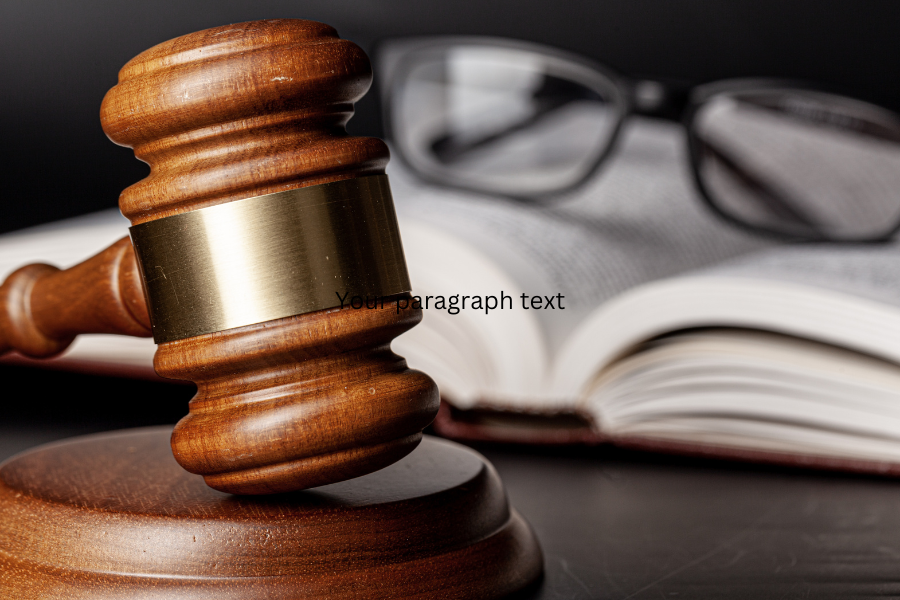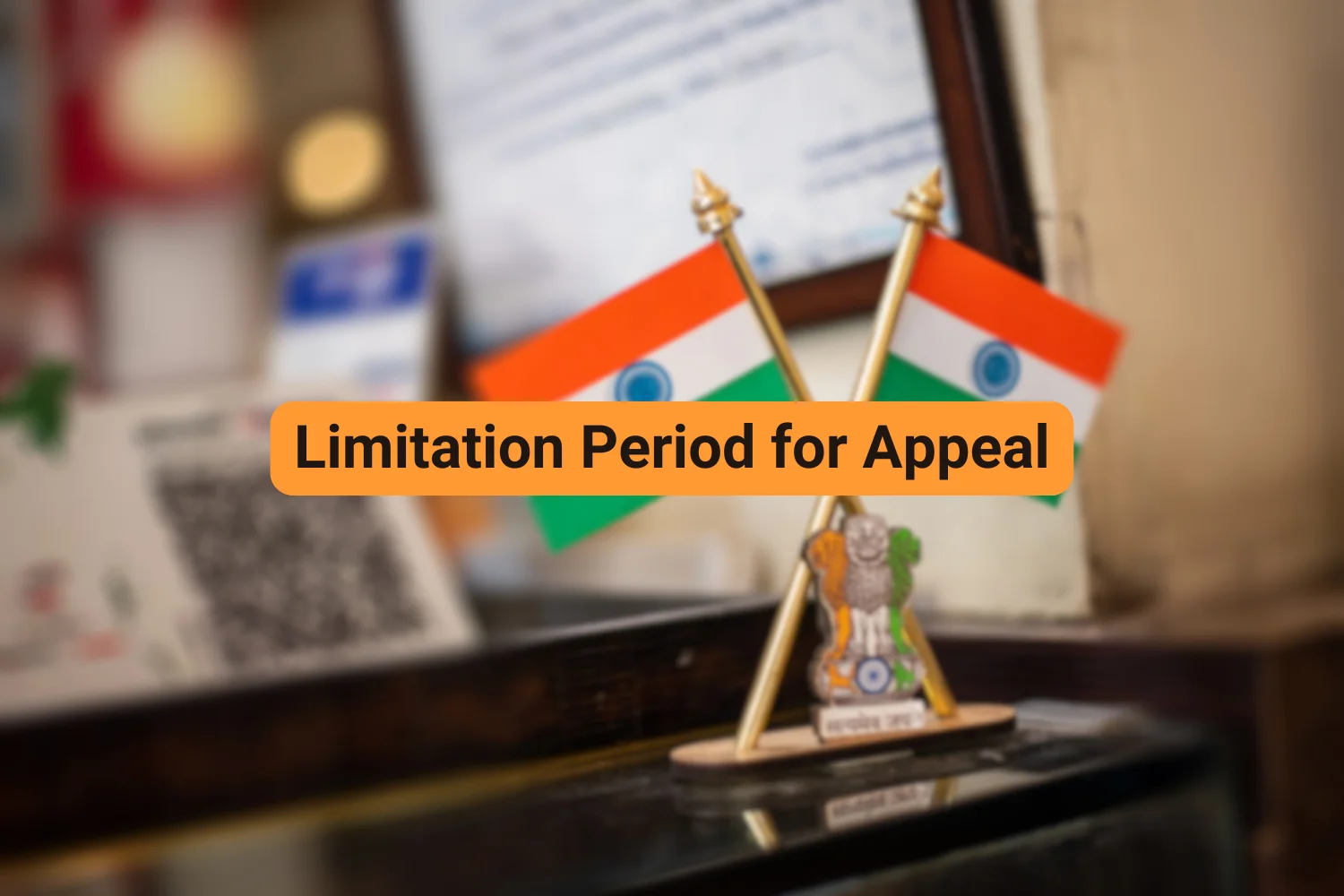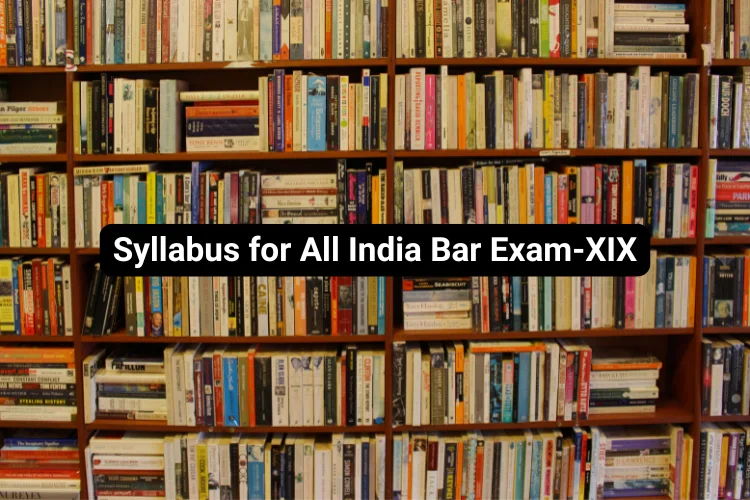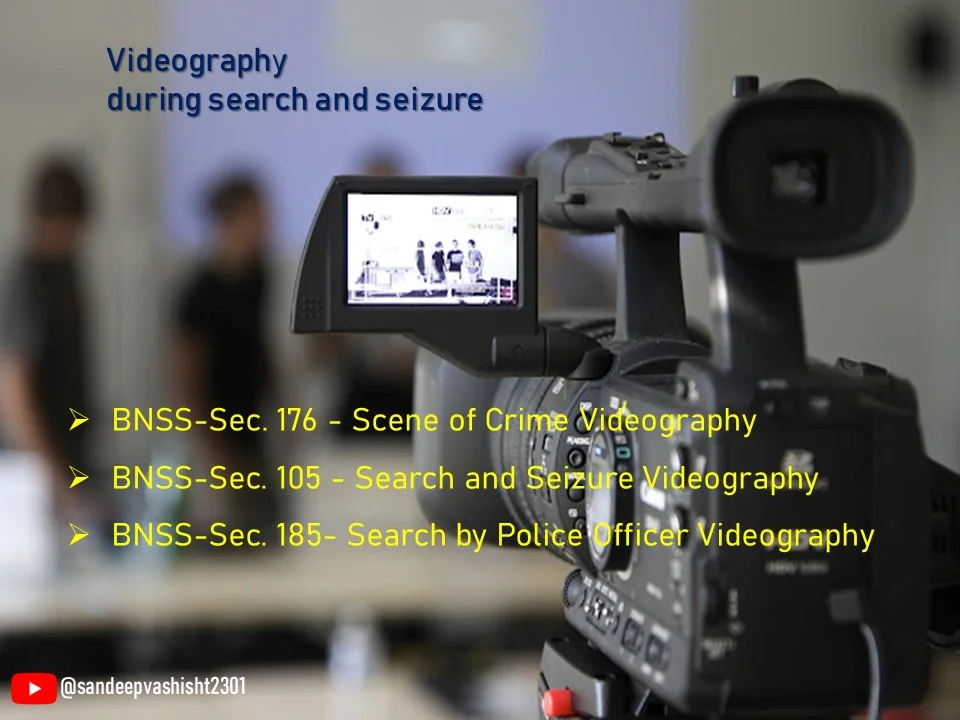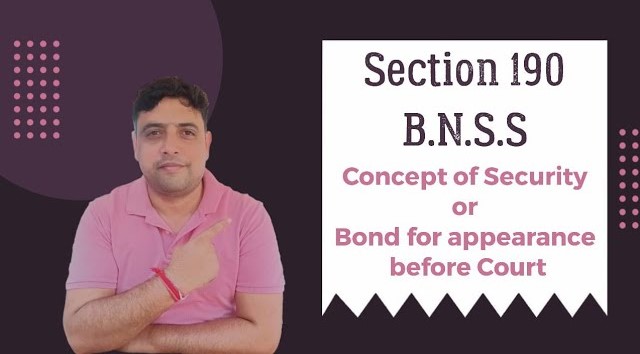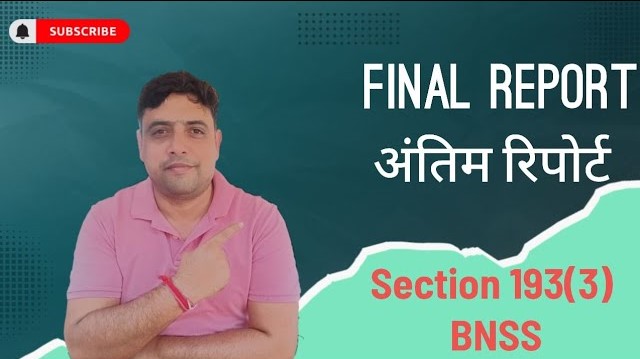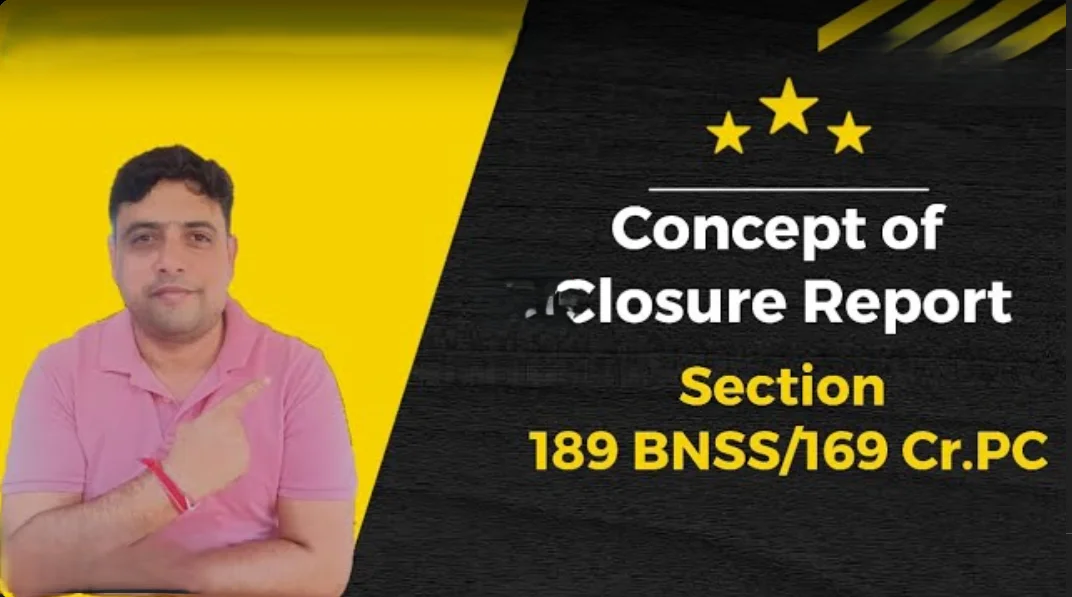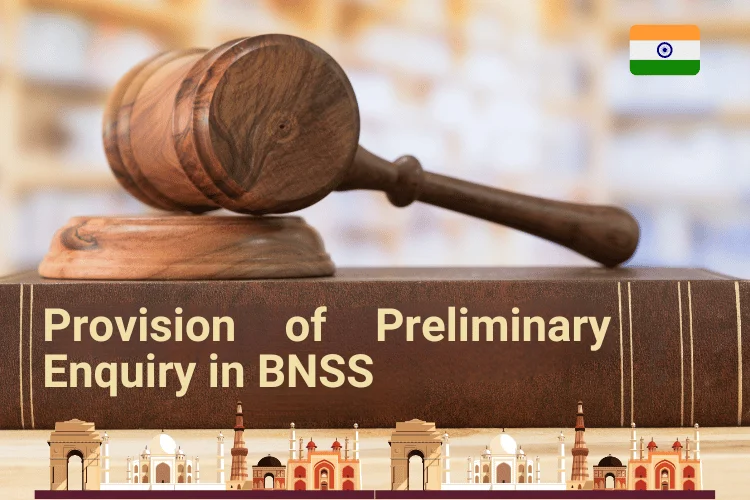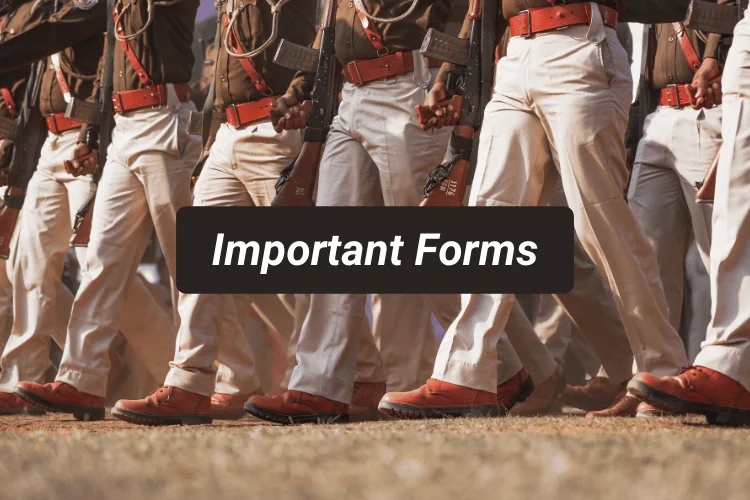Revision and Trust Deed
Section 115 of the Code of Civil Procedure, 1908 (CPC) empowers the High Court to entertain a revision in any case decided by any subordinate court in certain circumstances. Revision means the action of revising, especially critical or careful examination or perusal with a view of correcting or improving.
This section lays down-
- The High Court, in cases arising out of original suits or other proceedings of the value exceeding five lakhs rupees and the District Court, in any other cases, including a case arising out of an original suit or other proceedings instituted before the commencement of the Code of Civil Procedure ( Orissa Amendment) Act, 2010, may call for the record of any case which has been decided by any Court subordinate to the High Court or the District Court, as the case may be, and in which no appeal lies thereto, and if such subordinate Court appears—
- to have exercised a jurisdiction not vested in it by law; or
- to have failed to exercise a jurisdiction so vested; or
- to have acted in the exercise of its jurisdiction illegally or with material irregularity, the High Court or the District Court, as the case may be, may make such order in the case as it thinks fit.
Provided that in respect of cases arising out of original suits or other proceedings of any valuation decided by the District Court, the High Court alone shall be competent to make an order under this section.
-
The High Court or the District Court, as the case may be, shall not under this section, vary or reverse any order, including an order deciding an issue, made in the course of a suit or other proceedings, except where the order, if it had been made in favor of the party applying for revision, would have finally disposed of the suit or other proceedings.
-
A revision shall not operate as a stay of suit or other proceeding before the Court except where such suit or other proceeding is stayed by the High Court or District Court, as the case may be.
Explanation—In this section, the expression, “any case which has been decided” includes any order deciding an issue in the course of a suit or other proceeding.
- It provides the means to an aggrieved party to obtain rectification of a non-appealable order.
- It provides for the effective exercise of its superintending and visitorial power.
- It prevents the subordinate courts from acting arbitrarily, illegally or irregularly in the exercise of their jurisdiction.
- The power given by this section is clearly limited to the keeping of the subordinate courts within the bounds of their jurisdiction.
- In the exercise of this power, it is not the duty of the High Court to enter into the merits of the evidence.
- It is not directed against the conclusion of law or fact in which the question of jurisdiction is not involved.
- A revision also lies where a subordinate court has failed to exercise jurisdiction vested in it by law.
- The jurisdiction under this section is a discretionary one. It is limited in its scope and covers only jurisdictional errors.
- The High Court can call for the record of the case suo moto (on its motion) and revise the same.
- The High Court is not bound to interfere under this section except in the aid of justice.
- It applies to cases in which no appeal lies.
- Pandurang Ramchandra Mandlik v. Maruti Ramchandra Ghatge (1996), In the case of the Supreme Court held that an erroneous decision on question of law reached by the subordinate court which has no relation to question of jurisdiction of that court cannot be corrected by High Court under Section 115 of CPC.
- Welcome Hotel v. State of A.P (1983), the Supreme Court held in the case that where a court having jurisdiction exercises it in an irregular manner due to a mistake of the parties, there is no ground for interference in revision.
- Durga Devi vs Vijay Kumar Poddar & Ors (2010(2) PLJR 954):From the aforesaid enunciation of law, it is clear as day that their Lordships have held that in case an order is interim in nature, it cannot be the subject matter of revision under Section 115 of the Code. It has been categorically held that if the order in favour of the party applying for revision would have given finality to a suit or other proceedings and the answer is yes", then the revision would be maintainable and, if the answer is negative in nature, then the revision is not maintainable.
The acid test that is to be applied in every case is to discern and find out whether the order though interim would dispose of the suit or other proceedings.
- Balakrishna Udayarvsvasudeva Aiyar Air 1917 Pc 71: It will be observed that the section applies to jurisdiction alone, the irregular exercise or non-exercise of it, or the illegal assumption of it. The section is not directed against conclusions of law or fact in which the question of jurisdiction is not involved.
- N.S. Venkatagiri Ayyangar Vs H.R.E. Board, Air 1949 Pc 156
S. 115, C.P.C., applies only to cases in which no appeal lies and where the legislature has provided no right of appeal the manifest intention is that the order of the trial Court right or wrong shall be final.
The section empowers the High Court to satisfy itself upon three matters (1) that the order of the Subordinate Court is within its jurisdiction; (2) that the case is one in which the Court ought to exercise jurisdiction; and (3) that in exercising jurisdiction the Court has not acted illegally, i.e., in breach of some provision of law or with material irregularity, i.e., by committing some error of procedure in the course of the trial which is material in that it may have affected the ultimate decision. If the High Court is satisfied upon those three matters it has no power to interfere because it differs however profoundly, from the conclusions of the. Subordinate Courts upon questions of fact or law.
- The impugned order amounts to a case decided.
- The case has been decided by a court subordinate to the High Court. (a court can pass a number of orders in a suit and such order need not be the final one.)
- No appeal must be filed against the suit in the High Court or any other court which is subordinate to the High Court.
- The subordinate court appears to have:
- Exercised jurisdiction not vested in it by law;
- Failed to exercise jurisdiction vested;
- To have acted in the exercise of the Judge illegally or material irregularity.
Revisionary power can only be enforced by the High Court of the State. It comes under the Appellate Jurisdiction of the High Court. It is almost similar to the power of courts under Article 226 and 227 of the High Court, but the writ jurisdiction powers are much wider.
The period of limitation for filing a revision application is 90 days from the date of decree or order of the subordinate court.
- A prima facie case should be in the favor of applicant, where the lower court has acted beyond its jurisdiction or failed to exercise its jurisdiction.
- The order should be final, it should not be for a temporary period of time or an interim order.
- The Order should not be an appealable order i.e., no appeal can lie either in a High Court (directly or indirectly) or any other court.
IN THE HIGH COURT OF MADRAS
CIVIL APPELLATE JURISDICTION
CIVIL REVISION NO.333 OF 2020
Name……………………………………………………………..Petitioner (Plaintiff/Defendant
Versus
Name……………………………………………………………..Respondent (Plaintiff
REVISION PETITION UNDER SECTION 115 OF THE CIVIL PROCEDURE CODE, 1908 CHALLENGING THE ORDER PASSED ON _____IN THE CASE NO._____.
The Petitioner MOST RESPECTFULLY SHOWETH:
1. That, the instant Revision Petition is filed by the Petitioner under Section 115 of the Code of Civil Procedure (CPC), 1908 being aggrieved by the Order dated _______ passed by the Ld. Civil Judge, ______________, New Delhi in Civil Suit No. ________of 2019 seeking to set aside the same. The certified copy of the impugned order is annexed hereto and marked as Annexure A1.
2. The Petitioner seeks the intervention of the Hon’ble Court as the subordinate court had refused to summon two important witnesses who were determinant to the case. Without the court intervention, and thereby issuing an Order of Summons, there is no way that they would appear and answer on Oath. The non-appearance of the witness would lead to grave injury caused to the Petitioner. Thus, this petition to direct the Subordinate Court to issue summons to the witness and thereby exercise the jurisdiction the court has.
BRIEF FACTS OF THE CASE
3. The money suit was filed by the Petitioner on __________based on the contract entered into by the Plaintiff and the Defendant for jointly bidding a tender floated by the Public Sector Unit (PSU). It was agreed that the sale proceeds would be distributed equally to the bidders.
4. The parties secured the tender in their favour for Rs.5,00,000 and the amount was credited to the Defendants account. But, the value of the tender would least amount to Rs. 10,00,000.
5. The Defendant after receiving the sale proceeds informed the Plaintiff that he had accepted the tender for Rs. 5,00,000. When the Plaintiff enquired the Defendant as to why such low amounts were secured, the Defendant gave evasive response and never explained why such less amount was received, when clearly the value of movies is much higher. As per the terms and conditions of the contract half of the financial proceeds belong to the Plaintiff.
6. That the trial court framed issues on 19/01/2019 and directed the Petitioner to produce evidence, upon which the Petitioner promptly furnished to the court below four witnesses making a request that the witness should be summoned by that Court.
7. The Plaintiff listed 4 witnesses out of which there are 2 witnesses from the PSU.
8. The Judge refused to entertain such a request and directed the Plaintiff to secure the attendance of the 2 PSU witnesses on his own.
9. The Judge, after cross-examining the two other witnesses had passed an order to close the witness of the Plaintiff (order dated 15/07/2019).
10. Two witness of the petitioner had appeared and their statements were recorded. However, the learned Presiding Officer of the court below passed an order that the remaining witnesses be produced by the petitioner-plaintiff on his own without seeking the assistance of the court. This order was passed despite a request by the petitioner that at least those witnesses named in the list who are State employees should be summoned by the court, as they are required to produce and prove some official records.
GROUNDS:
- That on the date of hearing the learned trial court by the order impugned in this revision closed the evidence of the petitioner-plaintiff on the ground that the remaining witnesses were not produced by him.
- That the impugned order has caused great prejudice to the petitioner and if the same is allowed to stand the petitioner’s suit is bound to fail.
- The Judge has failed to exercise the powers granted to him under Order XVI, Rule I of the Civil Procedure Code, 1908.
- That the trial court has unjustifiably denied assistance of the court to the petitioner-plaintiff to secure the attendance of his witnesses. The interests of justice demand that he is provided with all legal assistance in this regard.
- The purpose of summoning the two PSU witnesses has a great impact on the case. Only on them giving testimony can the rights of the parties be decided and the justice can be upheld and the real rights of the parties be decided.
- That it is violative of the principles of natural justice and fair trial.
11. The Plaintiff submits that all court fees have been paid.
12. The Plaintiff submits that there is no appeal in the High Court or any other Court subordinate to it.
PRAYER
In the facts and circumstances discussed above the petitioner prays that this Hon’ble Court be pleased to
- Quash and set aside the order under revision.
- Direct the court below to provide assistance of the court for summoning the plaintiff-witnesses.
And pass any such other orders as the court may deem fit and proper in the light of the given circumstances and thus render justice.
In conclusion, Section 115 of the Code of Civil Procedure, 1908 provides the High Court with the power to entertain a revision in certain circumstances where no appeal lies. The objective of this provision is to rectify non-appealable orders, ensure the effective exercise of superintending and visitorial powers, and prevent subordinate courts from acting arbitrarily, illegally, or irregularly.
The scope of revisional power is limited to keeping subordinate courts within the bounds of their jurisdiction. It does not entail entering into the merits of the evidence or interfering with conclusions of law or fact where jurisdiction is not involved.
Revisional power is discretionary and applies only to jurisdictional errors. The High Court or District Court may call for the record of the case and revise it in the aid of justice. However, it does not vary or reverse any order, including interim orders, unless it would finally dispose of the suit or other proceedings.





